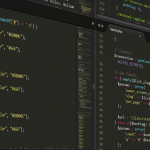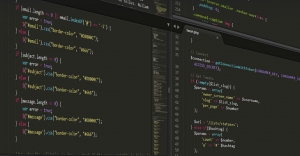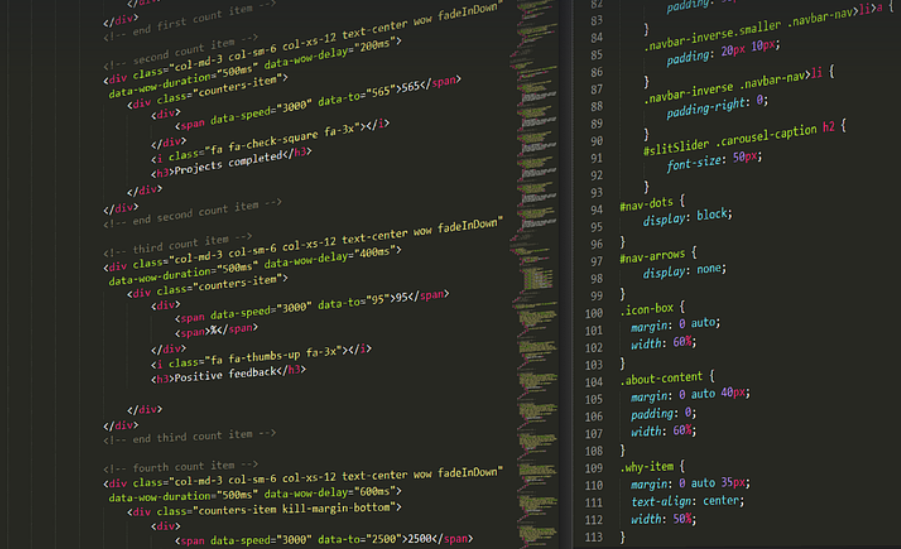Craving a Career in the Nation’s Capital?
Washington D.C. is a hub of innovation and academic excellence, attracting researchers from all over the globe. If you’re looking to launch your research career or advance your current one, then Washington D.C. could be the perfect place for you. But navigating the job market can feel like wandering through a labyrinth – a maze of different institutions, funding opportunities, and competitive applications.
Don’t worry; we’re here to help! This guide dives into the exciting world of research positions in Washington D.C., offering insights on where to find those coveted roles, what qualifications you need, and tips for acing your application process.
A City Steeped in Research Prowess
The nation’s capital is home to a vibrant array of research institutions like the National Institutes of Health (NIH), the U.S. Department of Agriculture (USDA) , the Environmental Protection Agency (EPA), and NASA. These organizations are constantly pushing the boundaries of knowledge in various fields, from medicine and public health to agriculture and technology.
Beyond these major players, numerous private institutions like Georgetown University, Howard University, George Washington University, and other research-driven companies also offer fantastic opportunities for researchers.
Finding Your Dream Research Job in D.C.
The sheer abundance of research positions in Washington D.C. requires strategic planning to find the ideal fit. Start by identifying your research interests and the specific areas you’d like to explore:
- **Medical Research:** The NIH is a major hub for medical research, attracting scientists investigating everything from genetic disorders to cancer treatments.
- **Environmental Science & Policy:** The EPA and other organizations dedicate their efforts to researching environmental challenges and finding sustainable solutions.
- **Social Sciences:** Universities like Georgetown and Howard University offer opportunities in social science research focusing on policy, culture, and societal dynamics.
With your chosen focus in mind, explore the job boards dedicated to these fields:
- **USAJobs.gov:** Explore federal government jobs for researchers at various agencies within the D.C. area.
**ResearchGate:** Connect with academics and fellow researchers globally, browse research projects, and explore job postings from universities and organizations across the country
**LinkedIn:** Create a detailed profile highlighting your research experience and connect with professionals in your field of interest.
Essential Qualifications: Your Research Arsenal
While specific requirements vary depending on the institution and job role, here are some essential qualifications for researchers in Washington D.C.:
- **Strong Academic Background:** A bachelor’s degree is usually the minimum requirement, but a Master’s or Ph.D. degree significantly enhances your candidacy and opens doors to more fulfilling research roles.
A master’s or Ph.D. in a relevant field is often required for research positions at universities, government agencies, or private organizations that focus on scientific advancements. These degrees provide a solid foundation in research methodologies and equip you with the analytical skills needed to tackle complex problems.
**Research Experience:** Research experience is highly valued by hiring managers, demonstrating your ability to conduct independent studies and contribute meaningfully to existing research projects.
**Strong Analytical Skills:** The ability to critically analyze data, draw inferences, and formulate innovative solutions is crucial for researchers.
**Communication Skills:** Collaborating with colleagues, presenting your findings at conferences, and writing reports are essential skills.
Navigating the Application Process: A Step-by-Step Guide
Applying for research positions in Washington D.C. requires a strategic approach to ensure you present yourself comprehensively.
- **Tailor Your Resume & Cover Letter:** Highlight relevant skills and experience specific to the desired position, demonstrating your passion for research and how your expertise aligns with their objectives.
Cover letters are crucial for showcasing your enthusiasm and personality. Describe why you’re drawn to this particular opportunity and how your skills complement the research team’s approach.
The Perks of Researching in Washington, D.C.
Beyond the intellectual stimulation, working as a researcher in Washington D.C. offers unique advantages:
- **Access to resources and expertise:** The city is home to world-renowned institutions and experts who can provide invaluable guidance and support during your research journey.
**Diverse cultural experiences**: Washington D.C. offers a vibrant cultural scene, with museums, historical sites, and diverse culinary experiences that enrich your experience beyond the scientific realm.
**Opportunity for career growth:** Research positions can open doors to long-term career development opportunities within your field of interest.
Prepare for the Interview
The research interview process in Washington D.C. is a chance to demonstrate your passion and expertise, but it’s also a conversation about how well you fit with the team and their specific research goals.
- **Research the institution:** Show genuine interest by delving into the history of the institution and their specific research projects.
**Prepare answers to potential questions**: Questions about your past research experiences, challenges you’ve faced, and your future goals demonstrate your commitment. Be prepared for questions about your work ethic, your strengths, and how you solve problems.
**Articulate your research vision:** Briefly discuss what excites you about the research area and your potential contributions to their project.
A Call to Action: Your Future in Research Begins Here
Research positions in Washington D.C. offer a wealth of opportunities for individuals passionate about scientific exploration, innovation, and knowledge building. By understanding the city’s research landscape, preparing yourself diligently, and actively engaging with potential employers, you can turn your dream job into a reality.
So, what are you waiting for? Begin your journey towards shaping the future of knowledge in one of the world’s most dynamic cities. Good luck!















